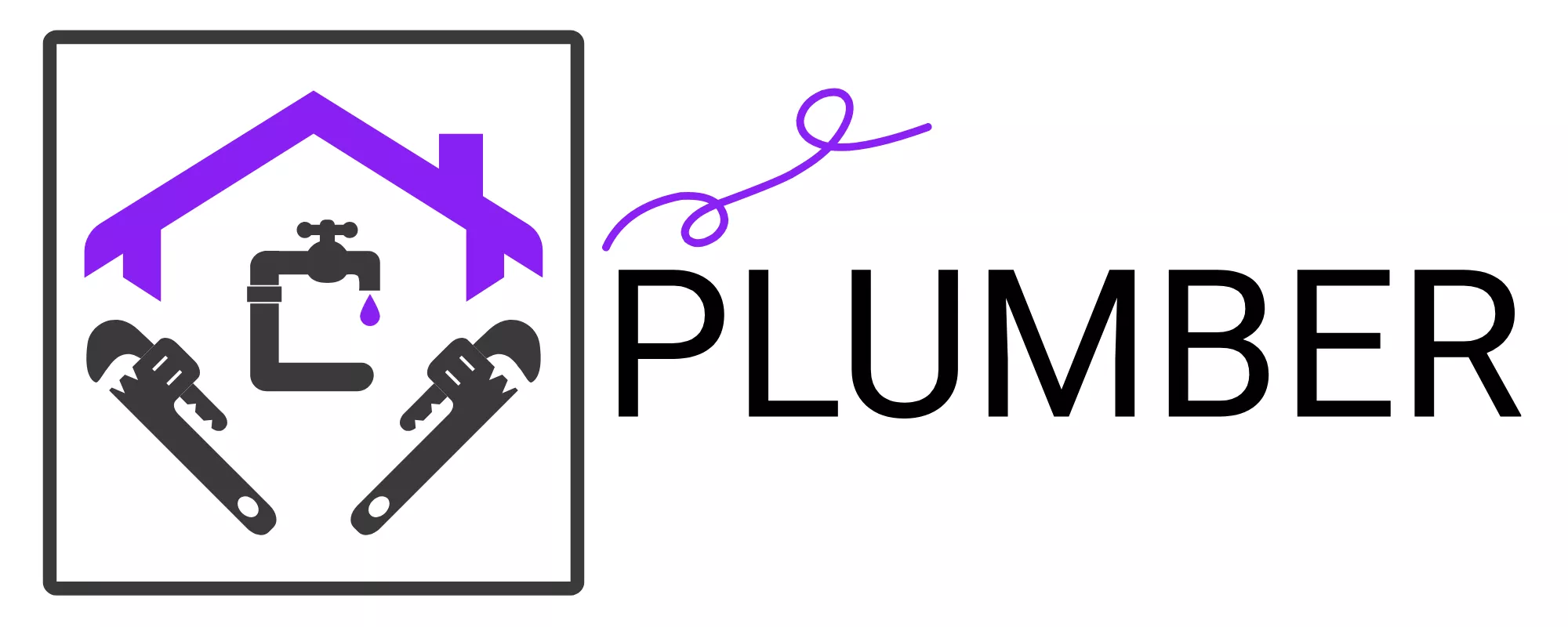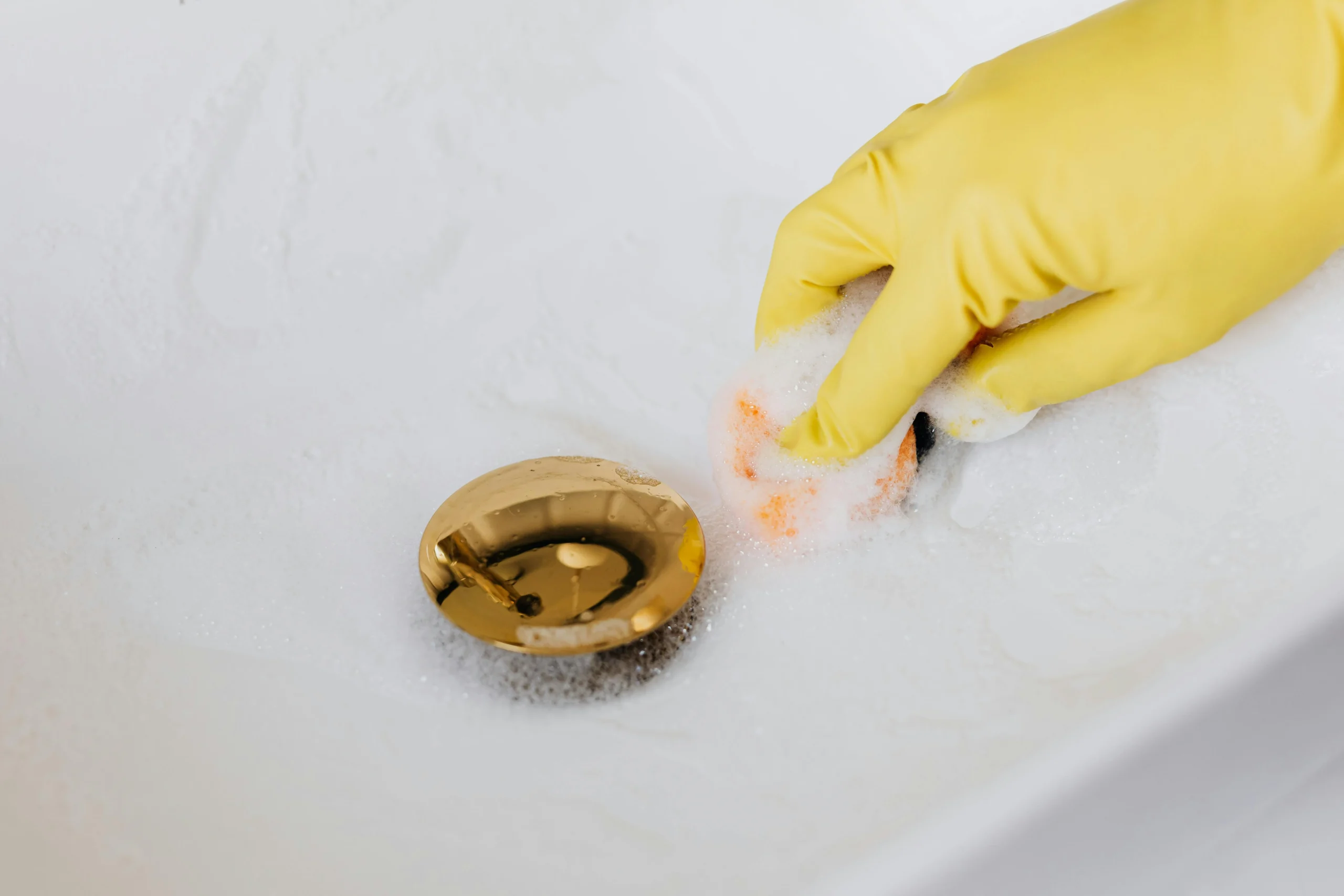Drain Cleaning – Why It’s Essential for a Healthy Plumbing System
Introduction
Your home or business’s plumbing system works hard every day. From kitchen sinks to bathroom showers, water and waste are constantly moving through your drains. Over time, soap scum, grease, hair, food particles, and other debris can build up—leading to slow drains or even complete blockages.
That’s where drain cleaning comes in. Regular maintenance ensures water flows smoothly, prevents costly repairs, and keeps your plumbing system healthy. In this guide, we’ll cover why drain cleaning matters, signs you need it, professional cleaning methods, and tips to prevent clogs.
1. Why Drain Cleaning is Important
Ignoring your drains can lead to bigger plumbing problems down the road. Regular drain cleaning helps:
- Prevent blockages – Small clogs can quickly turn into stubborn blockages.
- Reduce odors – Built-up waste produces unpleasant smells.
- Maintain proper drainage – Water should flow freely without backups.
- Extend pipe life – Removing corrosive substances prevents pipe damage.
For both homes and businesses, clean drains mean a cleaner, safer, and more efficient environment.
2. Common Causes of Clogged Drains
Different drains in your property face different challenges:
Kitchen Drains
- Grease and cooking oil
- Food scraps
- Soap residue
Bathroom Drains
- Hair and soap scum
- Toothpaste buildup
- Small objects accidentally flushed
Outdoor Drains
- Dirt and leaves
- Tree roots
- Debris from storms
By knowing the cause, you can better prevent future clogs.
3. Signs You Need Professional Drain Cleaning
While some minor clogs can be handled with a plunger, there are clear signs that call for professional help:
- Slow-draining sinks or tubs
- Frequent clogs in the same drain
- Gurgling sounds from pipes
- Foul odors from drains
- Water backups when using other fixtures
If you notice any of these symptoms, it’s best to call a licensed plumber before the problem gets worse.
4. Methods Used in Professional Drain Cleaning
Plumbers use specialized tools and techniques to clean drains thoroughly and safely:
Drain Snaking
A flexible auger is inserted into the pipe to break apart clogs. Best for smaller, localized blockages.
Hydro Jetting
High-pressure water is blasted through the drain to remove buildup, grease, and even tree roots. Ideal for stubborn or recurring clogs.
Video Camera Inspection
A small camera is sent into the drain to locate blockages and assess pipe conditions. This helps plumbers determine the best cleaning method.
5. DIY Drain Cleaning – Pros and Cons
Pros:
- Can solve minor clogs quickly
- Inexpensive for basic tools like plungers
Cons:
- Limited effectiveness for deep or stubborn clogs
- Risk of damaging pipes with harsh chemicals
- Doesn’t address the root cause of recurring issues
For long-term solutions, professional cleaning is the better choice.
6. Benefits of Professional Drain Cleaning
- Thorough Cleaning – Removes buildup that home methods can’t.
- Prevents Future Clogs – Keeps drains clear longer.
- Protects Pipes – Avoids damage from corrosive blockages.
- Saves Money – Reduces the risk of costly plumbing emergencies.
7. How Often Should You Schedule Drain Cleaning?
For most homes, an annual professional cleaning is recommended. Commercial properties, especially restaurants and hotels, may need cleaning every 3–6 months due to heavier use.
8. Tips to Prevent Clogged Drains
- Use drain strainers to catch hair and food particles.
- Avoid pouring grease down the sink.
- Flush drains with hot water weekly.
- Dispose of waste properly instead of flushing it.
- Trim trees near sewer lines to prevent root intrusion.
9. Drain Cleaning for Commercial Properties
Businesses can’t afford plumbing downtime. Commercial drain cleaning services are designed to handle high-demand systems, prevent health hazards, and keep operations running smoothly.
Restaurants, for example, generate a lot of grease and food waste, making regular drain maintenance essential to avoid costly shutdowns.
10. The Cost of Neglecting Drain Cleaning
Ignoring your drains can lead to:
- Burst pipes from pressure buildup
- Sewer backups that require expensive cleanup
- Structural damage from water leaks
- Lost business revenue due to closures
Spending a little now on cleaning can save thousands later in repairs.
Conclusion
Drain cleaning is more than just an occasional chore—it’s a vital part of maintaining your plumbing system. Whether you’re a homeowner or a business owner, clean drains prevent costly damage, reduce health hazards, and keep your water flowing smoothly.
By investing in professional drain cleaning services, you protect your property, extend the life of your pipes, and enjoy the peace of mind that comes from knowing your plumbing is in top shape.

